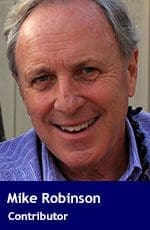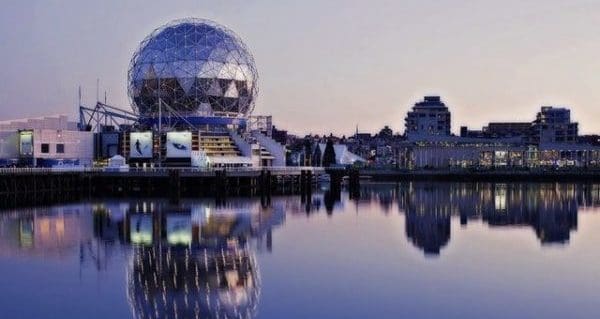 Think about the last time you went to the bank to visit your safety deposit box. If you’re like me, you forget what is left inside from the last visit.
Think about the last time you went to the bank to visit your safety deposit box. If you’re like me, you forget what is left inside from the last visit.
It is basically a box of investment certificates and documents like wills, and most of us just visit once or twice per year. The banks declare, “Safety deposit boxes are a wise choice to keep your cash and valuables secure.” It strikes me more and more that the houses of suburban Vancouver west are becoming safety deposit boxes.
The local media are dining out on stories of “heritage house tear-downs” (a new language is being created to describe the phenomenon), “next-day bulldozing” of newly renovated $6-million homes, and the financial impossibility of regular families ever buying even “run down cottages” built in the 1930s in Dunbar or West Point Grey.
Just google any of the above signature phrases to see photographic evidence of what is underway as “offshore investors” buy “investment housing” in the port city.
If you can, drive through some of these old neighbourhoods to see for yourself. Many streets have 15 to 20 percent unoccupied, but beautifully maintained houses. Renovations and new construction are evident everywhere, on all types of pre-existing housing. The real estate industry, renovation crews and existing home- owners are benefitting greatly from Canada’s highest housing prices. But statistics are rare because no one close to the action wants to rock the boat.
Vancouver has become Canada’s poster child for a new age of capitalism that saves its highest rewards for just showing up. If you bought a house in Dunbar in the 1970s or ’80s, you have a guaranteed Residence Retirement Plan (RSP) if you sell today. Many Boomers, as their retirement looms, are contemplating selling, or have already done so. And selling is increasingly motivated by talk of a “housing bubble.”
Expert opinion is, at least by my reading of local media, still predicting increases in prices. The low Canadian dollar, the prevailing low interest rates, and the recent history of price increases are all cited as inducements to more offshore investing. Increasingly however, I am from Missouri (“The Show Me State”) on whether or not the price escalation can continue. I think the ‘Big Housing Short’ is looming.
I base my skepticism squarely on the values of community. The kind of neighbourhoods that people traditionally choose to raise families and perhaps eventually retire in, at least in terms of Canadian values, feature face-to-face association, the actual raising of children, voluntarism for community causes like sports teams, Cubs and Brownies, the United Way annual appeal, and political parties; the expectation of building friendships with neighbours, the expectation of shared ‘eyes on the street’ to protect from foul play, and even the possibility of finding first dates, lovers and partners-in-life on the streets where you grow up.
If your neighbourhood lacks in many of the above, ask yourself if it’s really a community. Next ask if you’d want to live on a street or in a neighbourhood where the majority of houses are vacant for most of the year. Consider how interested you are in living in an area where commercial rents are so high that barbers, dry cleaners, corner stores, family owned restaurants, local dentists and doctors, and bookstores don’t exist
In short, would you like to live in a ‘safety deposit box’ community?
With each new housing investment, rather than neighbourhood investment, the trend becomes more apparent.
It will be interesting to see when the tipping point occurs, as occur it must. At some point even offshore investors will drive down the quiet, leafy streets and wonder why the neighbourhood is so silent. Would you really want to invest in beautifully maintained sterility, unblemished by any trace of humanity? Or has Vancouver housing simply become the new gold – a pretty, but essentially useless, commodity?
Mike Robinson has been CEO of three Canadian NGOs: the Arctic Institute of North America, the Glenbow Museum and the Bill Reid Gallery. Mike has chaired the national boards of Friends of the Earth, the David Suzuki Foundation, and the Canadian Parks and Wilderness Society. In 2004, he became a Member of the Order of Canada.
The views, opinions and positions expressed by columnists and contributors are the author’s alone. They do not inherently or expressly reflect the views, opinions and/or positions of our publication.


